While looking into artificial intelligence “behavior,” researchers affirmed that yes, OpenAI’s GPT-4 appeared to be getting dumber.


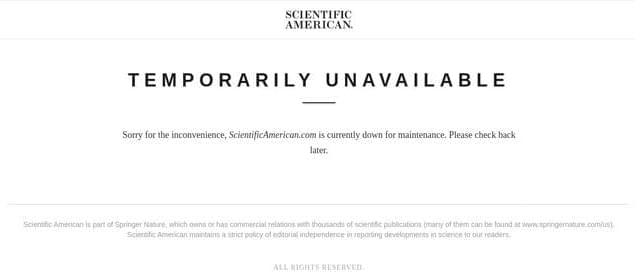
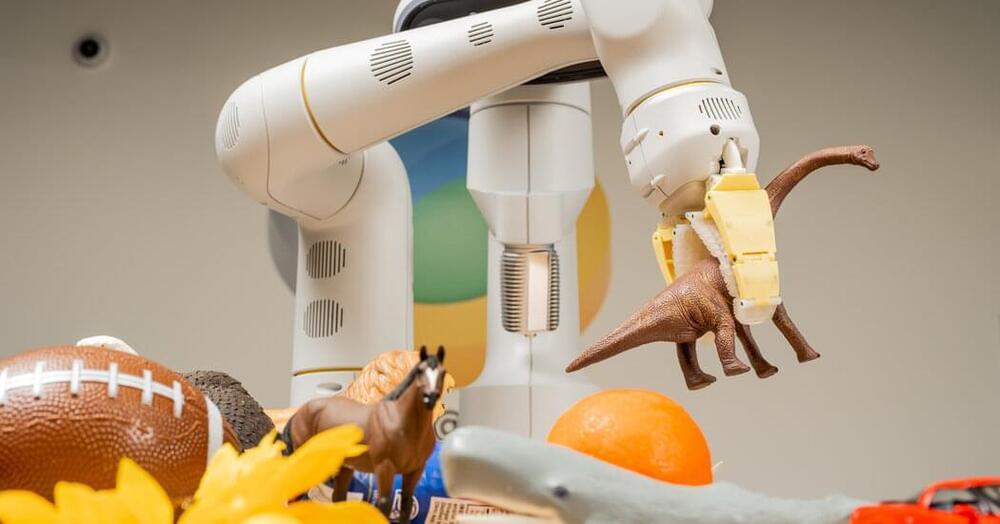
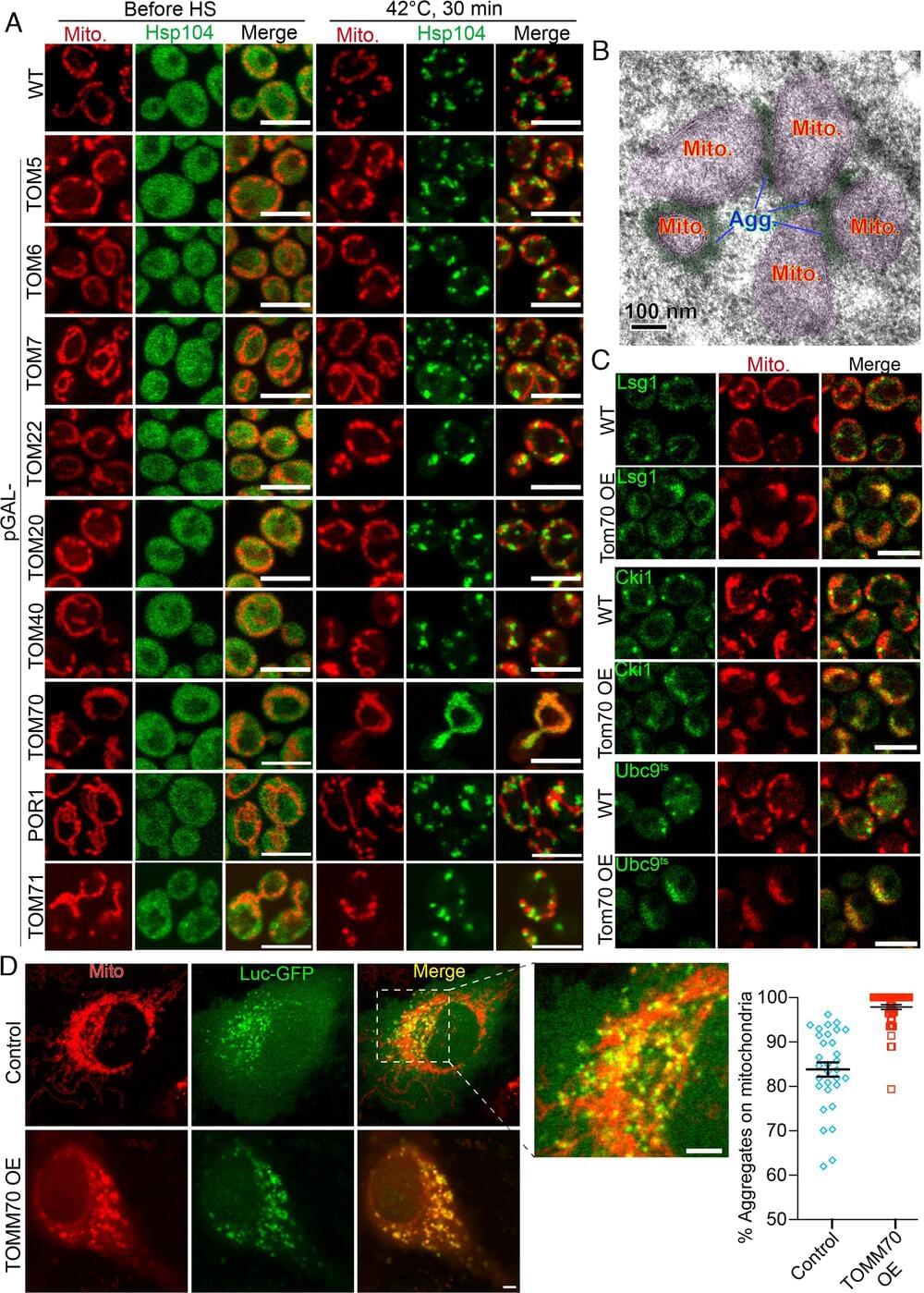
Eukaryotes organize cellular contents into membrane-bound organelles and membrane-less condensates, for example, protein aggregates. An unsolved question is why the ubiquitously distributed proteins throughout the cytosol give rise to spatially localized protein aggregates on the organellar surface, like mitochondria. We report that the mitochondrial import receptor Tom70 is involved in the localized condensation of protein aggregates in budding yeast and human cells. This is because misfolded cytosolic proteins do not autonomously aggregate in vivo; instead, they are recruited to the condensation sites initiated by Tom70’s substrates (nascent mitochondrial proteins) on the organellar membrane using multivalent hydrophobic interactions. Knocking out Tom70 partially impairs, while overexpressing Tom70 increases the formation and association between cytosolic protein aggregates and mitochondria. In addition, ectopic targeting Tom70 and its substrates to the vacuole surface is able to redirect the localized aggregation from mitochondria to the vacuolar surface. Although other redundant mechanisms may exist, this nascent mitochondrial proteins-based initiation of protein aggregation likely explains the localized condensation of otherwise ubiquitously distributed molecules on the mitochondria. Disrupting the mitochondrial association of aggregates impairs their asymmetric retention during mitosis and reduces the mitochondrial import of misfolded proteins, suggesting a proteostasis role of the organelle-condensate interactions.
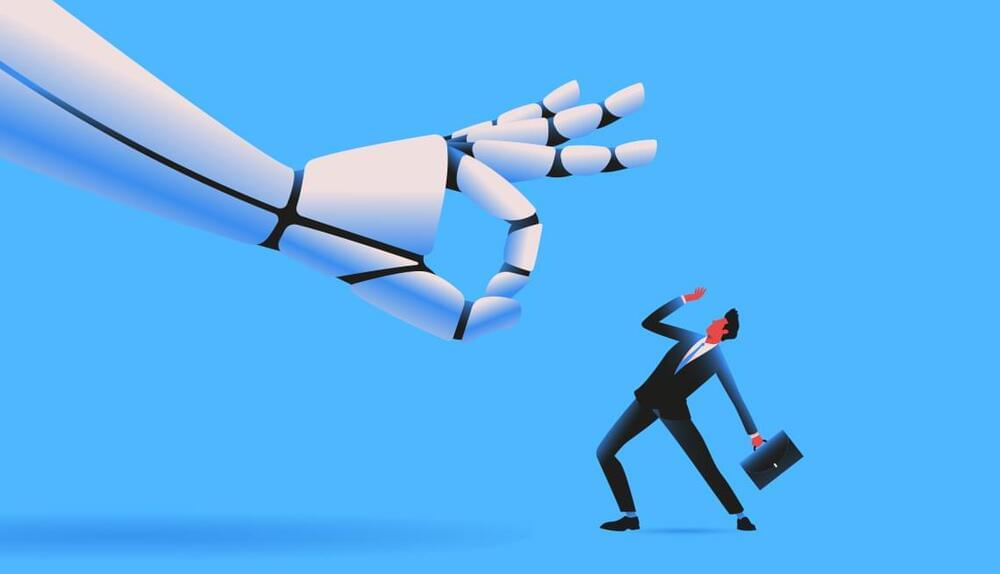

New research published in Telematics and Informatics provides evidence that the fulfillment of basic psychological needs through technology use is linked to changes in attitudes towards artificial intelligence over time. The findings indicate that self-determination, particularly feelings of competence and relatedness, plays a crucial role in shaping both negative and positive attitudes towards this emerging technology.
“We live in a world where artificial intelligence (AI) is becoming more common and accessible than ever. People’s attitudes towards AI will most certainly have a huge effect on how fast and widely AI can spread in society and how the development of AI will turn out,” said study author Jenna Bergdahl, a researcher at the Emerging Technologies Lab at Tampere University.
“As a researcher, I work in the Emerging Technologies Lab at Tampere University, where we are particularly interested in the new technological forms of life that constantly challenge and transform human and post-human living. Two projects from the Emerging Technologies Lab, called UrbanAI and Self & Technology, are focusing especially on artificial intelligence in society and conducting cross-national social psychological research on human-technology interaction.”

Artificial intelligence still has a long way to go before completely taking over most human jobs. But it can already make some side hustles easier and more lucrative, primarily by saving people time.
“Automation, I think, is the key to reducing your workload,” Sean Audet, a food photographer who uses generative AI tools like ChatGPT to write emails and business plans, told CNBC Make It earlier this month. “When a client first reaches out to me, I need to be able to quickly deliver a bunch of information about services and costs … in a nice, succinct and personalized way.”
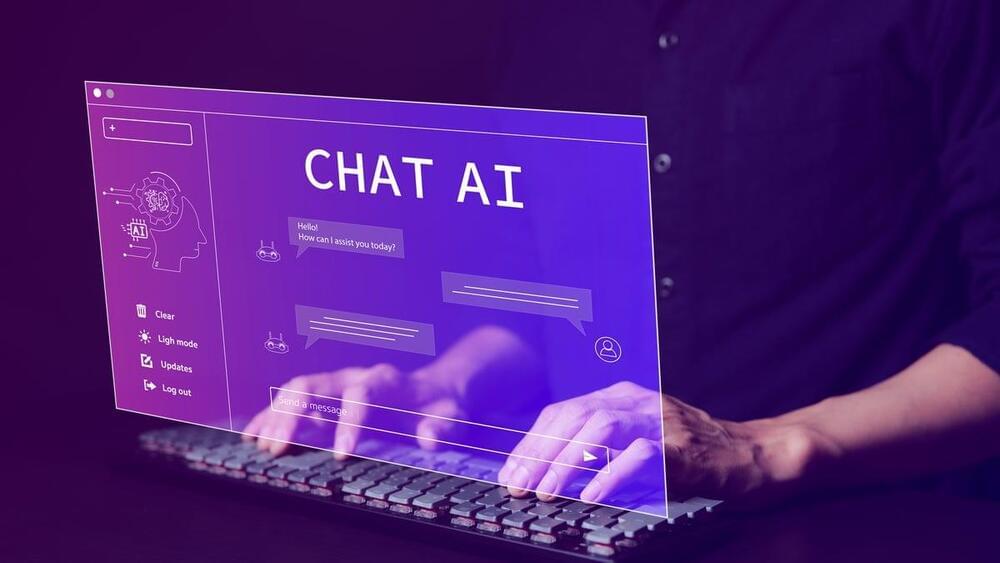
A new soft robotic gripper is not only 3D printed in one print, it also doesn’t need any electronics to work. The device was developed by a team of roboticists at the University of California San Diego, in collaboration with researchers at the BASF corporation, who detailed their work in Science Robotics.
The researchers wanted to design a soft gripper that would be ready to use right as it comes off the 3D printer, equipped with built in gravity and touch sensors. As a result, the gripper can pick up, hold, and release objects. No such gripper existed before this work.
“We designed functions so that a series of valves would allow the gripper to both grip on contact and release at the right time,” said Yichen Zhai, a postdoctoral researcher in the Bioinspired Robotics and Design Lab at the University of California San Diego and the leading author of the paper. “It’s the first time such a gripper can both grip and release. All you have to do is turn the gripper horizontally. This triggers a change in the airflow in the valves, making the two fingers of the gripper release.”
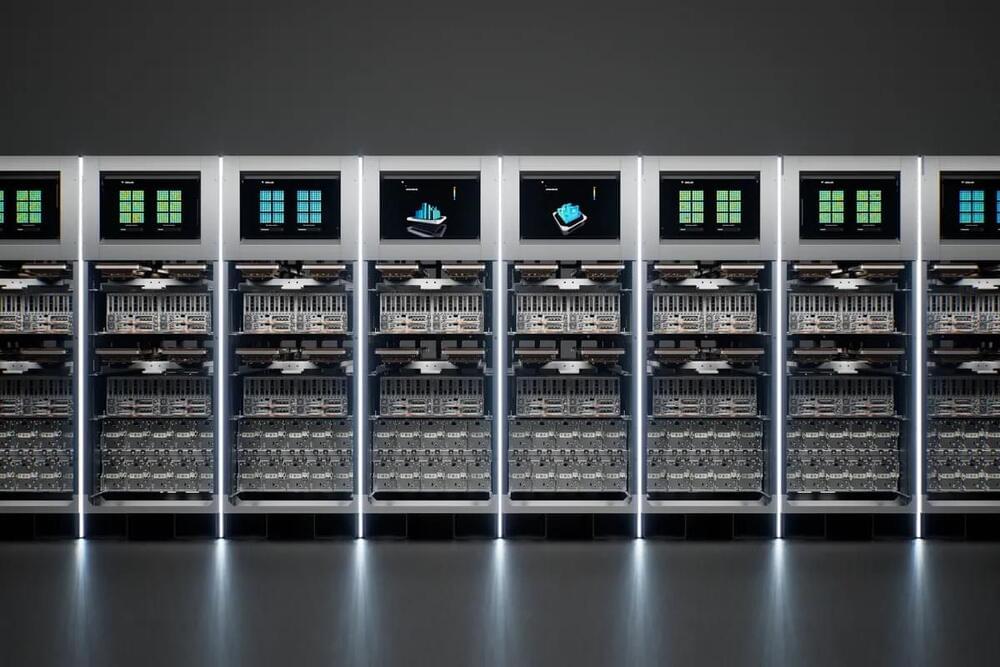
In its second-quarter earnings report for 2023, Tesla revealed its ambitious plan to address vehicle autonomy at scale with four key technology pillars: an extensive real-world dataset, neural net training, vehicle hardware, and vehicle software. Notably, the electric vehicle manufacturer asserted its commitment to developing each of these pillars in-house. A significant milestone in this endeavor was announced as Tesla started the production of its custom-built Dojo training computer, a critical component in achieving faster and more cost-effective neural net training.
While Tesla already possesses one of the world’s most potent Nvidia GPU-based supercomputers, the Dojo supercomputer takes a different approach by utilizing chips specifically designed by Tesla. Back in 2019, Tesla CEO Elon Musk christened this project as “Dojo,” envisioning it as an exceptionally powerful training computer. He claimed that Dojo would be capable of performing an exaflop, or one quintillion (1018) floating-point operations per second, an astounding level of computational power. To put it into perspective, performing one calculation every second on a one exaFLOP computer system would take over 31 billion years, as reported by Network World.
The development of Dojo has been a continuous process. At Tesla’s AI Day in 2021, the automaker showcased its initial chip and training tiles, which would eventually form a complete Dojo cluster, also known as an “exapod.” Tesla’s plan involves combining two sets of three tiles in a tray, and then placing two trays in a computer cabinet to achieve over 100 petaflops per cabinet. With a 10-cabinet system, Tesla’s Dojo exapod will exceed the exaflop barrier of compute power.